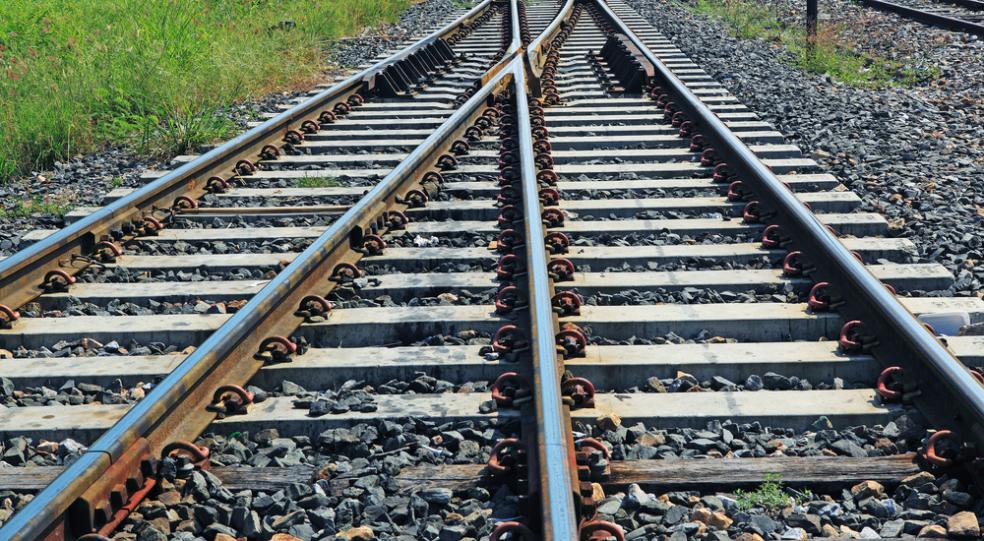
Extra investment needed for the South West's main line
A national rail investment programme claiming to be the largest since the Victorian age has no funding allocated for the South West's mainline.
Just days after the flood waters have receded from the tracks following a catastrophic failure of the network, Network Rail unveiled their £37.5 billion investment…for everywhere else.
Of the five billion to be invested in the western region, the majority will be heading for Bristol, Oxford and Newbury.
While the programme outlined some measures which will have an impact on travel in the South West including signal improvements between Newton Abbot and Penzance, improvements to remove the existing bottlenecks around Reading station by 2015, to improve the reliability of services on routes to the far South West, the programme mentions no significant investment to the mainline running through the Westcountry.
Now Leader of Plymouth City Council, Councillor Tudor Evans has renewed calls for extra investment in the region's infrastructure as a matter of urgency.
He said: "This announcement, together with the Government's mid-term review, is incredibly hard to take and we've been looking at the detail with a growing sense of anger and frustration. The South West mainline barely gets a look in.
"The Government's mid-term review talks about how it's investing more in regional and local growth and the importance transport and infrastructure plays. We've proved that we are more than up for backing the growth agenda. Only last week this city announced plans to create 2,000 jobs.
"Millions of pounds of investment are being promised across the country yet here in the South West, if it rains there are no trains!"
A joint letter was sent before Christmas to the Secretary of State for Transport from the South West peninsula including Cornwall, Devon and Somerset council leaders, the Mayor of Torbay and the Chairs of the Cornwall and Heart of the South West Local Economic Partnerships.
The Secretary of State has since responded to confirm that the Department for Transport and Office of Rail Regulation would be looking at the long term resilience in relation to more extreme weather conditions with senior industry colleagues.
He added: "Network Rail would need to understand why the existing rail structures were not able to cope and if there were any value for money improvements possible…they would also need to consider the longer term implications of climate change."
But over the Christmas period passengers suffered a catalogue of network failures ranging from cancellations caused by flooding to landslips.
Coupled with substantial flooding across the road network the Westcountry travel advice was simply: don't.













